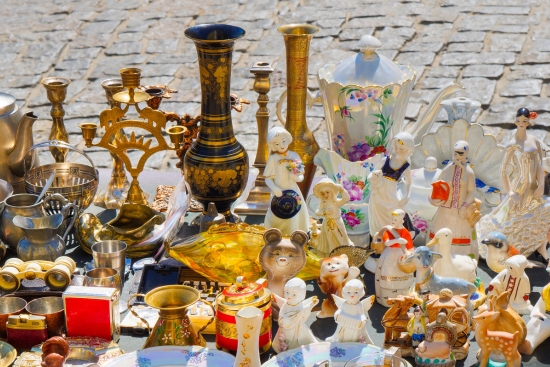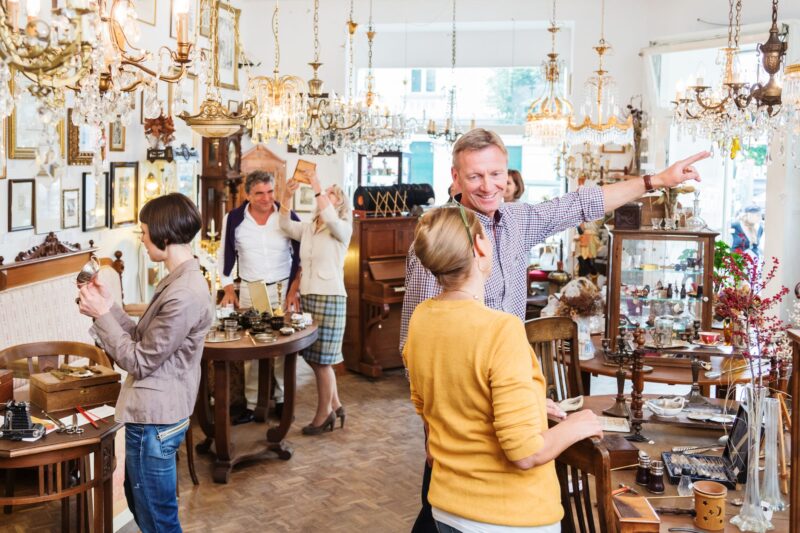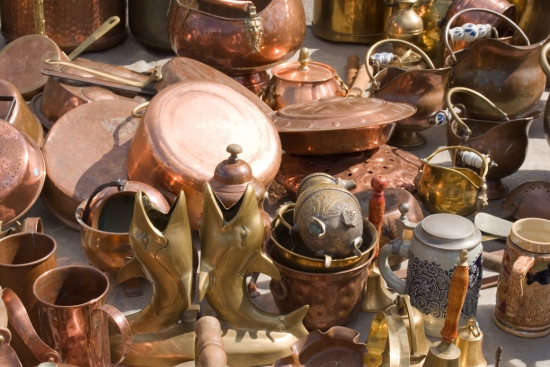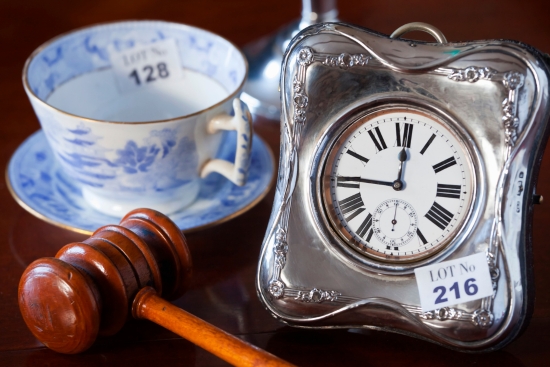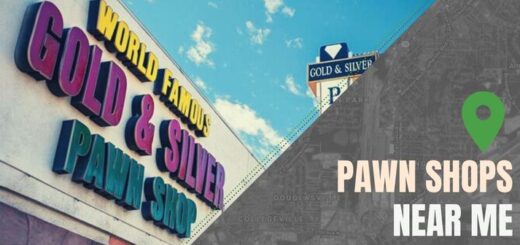Who Buys Antiques Near Me
Many people enjoy collecting antiques. For some, it is a hobby; for others, it is a way to make a living. Who buys antiques? Anybody and everybody depending on their tastes. In this article I will discuss who buys them, the pros and cons of each buyer, and other ways to sell your antiques independently. I will also share my experience with the place who buys antiques near me.
Map of Who Buys Antiques Near Me
For “Who Buys Antiques Near Me”, see the map below…
Types of Antique Buyers
Some people collect antiques as a form of investment. They hope to sell the piece for a profit down the road. Others collect antiques because they enjoy the history and beauty of each piece.
And still, others see it as a way to make a living; they buy antiques and then resell them either online or in brick-and-mortar stores. No matter the reason for collecting antiques, there is a buyer out there for every type of collector.
Who Buys Antiques Near Me
Antique Generalists
The most common type of antique buyer is the generalist. They are usually hobbyists who enjoy the thrill of the hunt. Generalists can be found at auctions, garage sales, and flea markets. They might also frequent antique stores or online marketplaces. Generalists are usually looking for a good deal on a piece that catches their eye. They are not as concerned with its provenance or value as they are with finding something they like.
- Pros: Generalists are the most common type of antique buyer, so you’re likely to find one if you’re selling your antiques. They’re also usually easy to work with and negotiable on price.
- Cons: Generalists might not be willing to pay as much as other types of buyers because they’re usually not as knowledgeable about the value of antiques. They might also be more likely to haggle on price.
Antique Dealers
Dealers are people who buy antiques to resell them, either online or in a brick-and-mortar antique store. They usually have more knowledge about the value of antiques and are willing to pay more for a piece they’re interested in.
- Pros: Dealers are usually easy to work with and can be negotiable on price. They’re also more likely to have the knowledge and resources to properly care for your antiques.
- Cons: Dealers might not be as interested in a piece if they don’t think they can resell it for a profit. They might also try to lowball you on price.
Antique Collectors
Collectors are people who collect antiques for their enjoyment. They might have a specific focus, like collecting vintage furniture or porcelain dolls. Or they might just have collectibles of whatever catches their fancy. Collectors are usually willing to pay more for a piece because they’re not as concerned with its resale value.
- Pros: Collectors are usually willing to pay more for a piece because they’re interested in the piece itself, not just its resale value. They might also be more knowledgeable about the value of antiques.
- Cons: Collectors might be harder to find if you’re selling your antiques because
Pawn Shops
Pawn shops are a type of buyer that will give you a cash loan in cash in exchange for your antique or they will offer cash only to purchase it outright. They will then sell the piece for a profit. Pawn shops are typically not as interested in the value of the piece as they are in making a quick buck.
- Pros: Pawn shops are easy to find and will pay you on the spot.
- Cons: Pawn shops might not be as interested in the value of the piece and might try to lowball you on price. They might also not have the knowledge or resources to properly appraise your piece.
Other Ways to Find Who Buys Antiques Near Me
In addition to working with buyers, you can also sell your antiques through an auction house, online, estate, vintage marketplace, or brick-and-mortar store. These are all viable options, but you’ll need to do your research to find the best option for you.
Auction Houses
If you have a rare or valuable antique, selling it through an auction house might be your best option. Auction houses typically have a network of buyers who are interested in purchasing high-end pieces.
- Pros: Auction houses will do all the legwork for you and they typically have a network of buyers who are interested in purchasing high-end pieces.
- Cons: Auction houses typically charge a commission, so you’ll need to factor that into your selling price. You’ll also need to be aware of the auction house’s policies and procedures.
Online Marketplaces
If you’re not interested in working with a buyer directly, you can sell your antiques through an online marketplace like Facebook Marketplace, eBay, or Craigslist. Online marketplaces typically have a wider reach of customers than brick-and-mortar antique stores, and can be a good option if you’re looking to sell your antiques to a larger audience.
- Pros: Online marketplaces typically have a wider reach than brick-and-mortar stores and can be a good option if you’re looking to sell your antiques to a larger audience.
- Cons: You’ll need to do your research to find a reputable online marketplace. You’ll also need to factor in the costs of shipping and handling.
Consignment Stores
If you’re looking for a more personal selling experience, you can sell your antiques through a brick-and-mortar consignment store. These shops typically have a smaller reach than online marketplaces, but you’ll be able to work with and contact customers and the store owner or manager directly.
- Pros: You’ll be able to work with the store owner or manager directly to figure out the terms of the consignment split. If the item doesn’t sell in 90 days you can just pick it up.
- Cons: Brick-and-mortar stores typically have a smaller reach than online marketplaces. They may not pay as much because they need room to mark up for resale.
Preparing Antiques for Sale
Successfully selling your antiques involves careful preparation. Here’s a concise guide to get your vintage items sale-ready:
- Gentle Cleaning: Start by cleaning each item to enhance its appearance. Use appropriate methods for different antiques. For silver flatware, a specialized cleaner works best. Vintage furniture may only need a soft cloth and mild cleaner. Delicate quilts and vintage toys should be handled with extra care to maintain their integrity.
- Considerate Repairing: Repairing can be beneficial, but it’s crucial to keep the antique’s value in mind. A professional touch is recommended for intricate items like lamps or furniture. However, remember that sometimes the best option is to leave the patina of age untouched, as it adds to the item’s story and authenticity.
- Documenting History: For items from an entire estate or specific collectibles, having a documented history can increase their appeal. This includes provenance, previous ownership, or any historical significance. For estate jewelry, this step is particularly important.
- Ensuring Authenticity: Authenticating your items, especially when dealing with high-value collectibles or jewelry, can significantly raise their market value. This gives potential customers confidence in their purchase and can lead to top cash offers.
- Creating a Narrative: Share the unique story behind each piece, whether it’s an estate lamp or a piece of vintage furniture. A compelling backstory can captivate buyers, making your stuff more memorable and desirable.
By following these steps, you ensure that your antiques are not just relics but treasures with stories, ready to find new homes and continue their journey.
Tips for Selling to Who Buys Antiques Near Me
Now that you know who buys antiques and where to sell them, here are a few tips to help you get started:
- Do your research. It’s important to have a general understanding of the value of your piece before you start talking to buyers. You can use online resources or consult with an appraiser to get an idea of what your piece is worth. You can also get a free online appraisal here.
- Know your audience. Who are you selling to? Collectors? Pawn shops? Auction houses? Knowing your audience will help you determine where to sell your antique and how much to sell it for.
- Be prepared to negotiate. Don’t be afraid to negotiate with buyers. Remember, they’re usually looking to make a profit, so they’ll be open to haggling.
- Be patient. Selling an antique can take time. Don’t be discouraged if you don’t find a buyer immediately. Just keep marketing your piece and eventually, you’ll find the right buyer at the right price.
What Makes an Item Have Value to an Antique Buyer?
When valuing an antique, there are a few factors that buyers will consider:
- Age: Antiques are typically at least 100 years old. The older the piece, the more valuable it is.
- Condition: Antiques in good condition are more valuable than those in poor condition. Buyers will also pay more for pieces that have been restored to their original condition.
- Rarity: Antiques that are rare or unique are more valuable than those that are mass-produced.
- Provenance: Antiques with a history or provenance (i.e., those that can be traced back to a specific owner or time period) are more valuable than those without.
- Popularity: Antiques that are in demand by collectors are more valuable than those that are not.
By considering these factors, you’ll be able to get a better idea of the value of your entire estate piece and how to price it when you sell.
Who Buys Antiques Near Me – Conclusion
Selling antiques can be a bit tricky, but if you do your research and know your audience, you should be able to find a buyer who’s interested in your piece selling antiques.
Just be patient and be prepared to negotiate on price. With a little effort, you should be able to sell your antique for a fair price. That’s what I have learned from the place who buys antiques near me.

